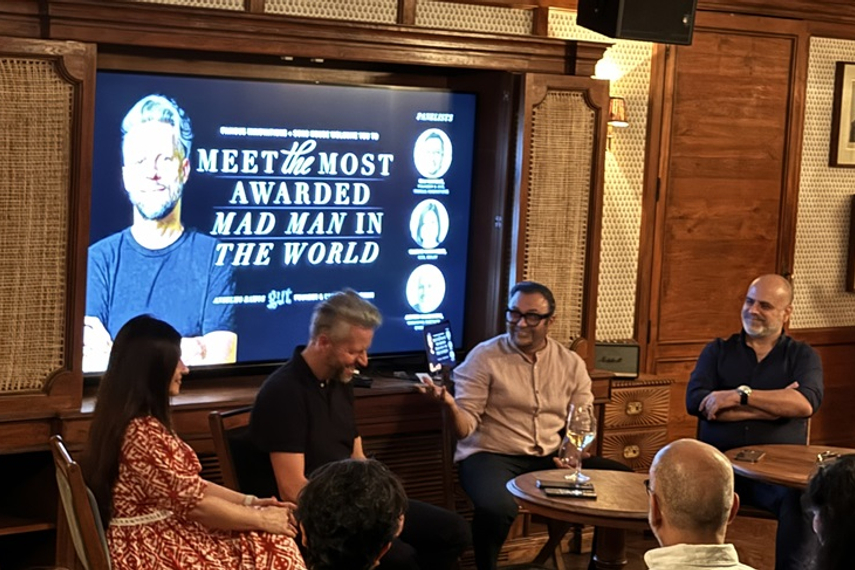
Please sign in or register
Existing users sign in here
Having trouble signing in?
Contact Customer Support at
[email protected]
or call+91 22 69489600
The co-founder of Gut was part of a panel which discussed his advertising journey, plans for the next five years, and more...

Contact Customer Support at
[email protected]
or call+91 22 69489600
Top news, insights and analysis every weekday
Sign up for Campaign Bulletins
Season five’s TV comeback underscores that reaching its next growth phase will depend on advertisers evolving with audiences, not slicing them into narrow demographics.
Adland’s holding groups went on a 2025 buying spree, with Omnicom forming the world’s largest agency via IPG, while Publicis and Havas scooped up APAC indies amid a martech and AI boom.
AMD’s Zen Mode film imagines an office where pressure disappears by using calm, not jargon, to make enterprise tech feel human.
The martech agency is executing a 26-company acquisition roadmap to achieve a 100-crore profit benchmark for its public market debut.